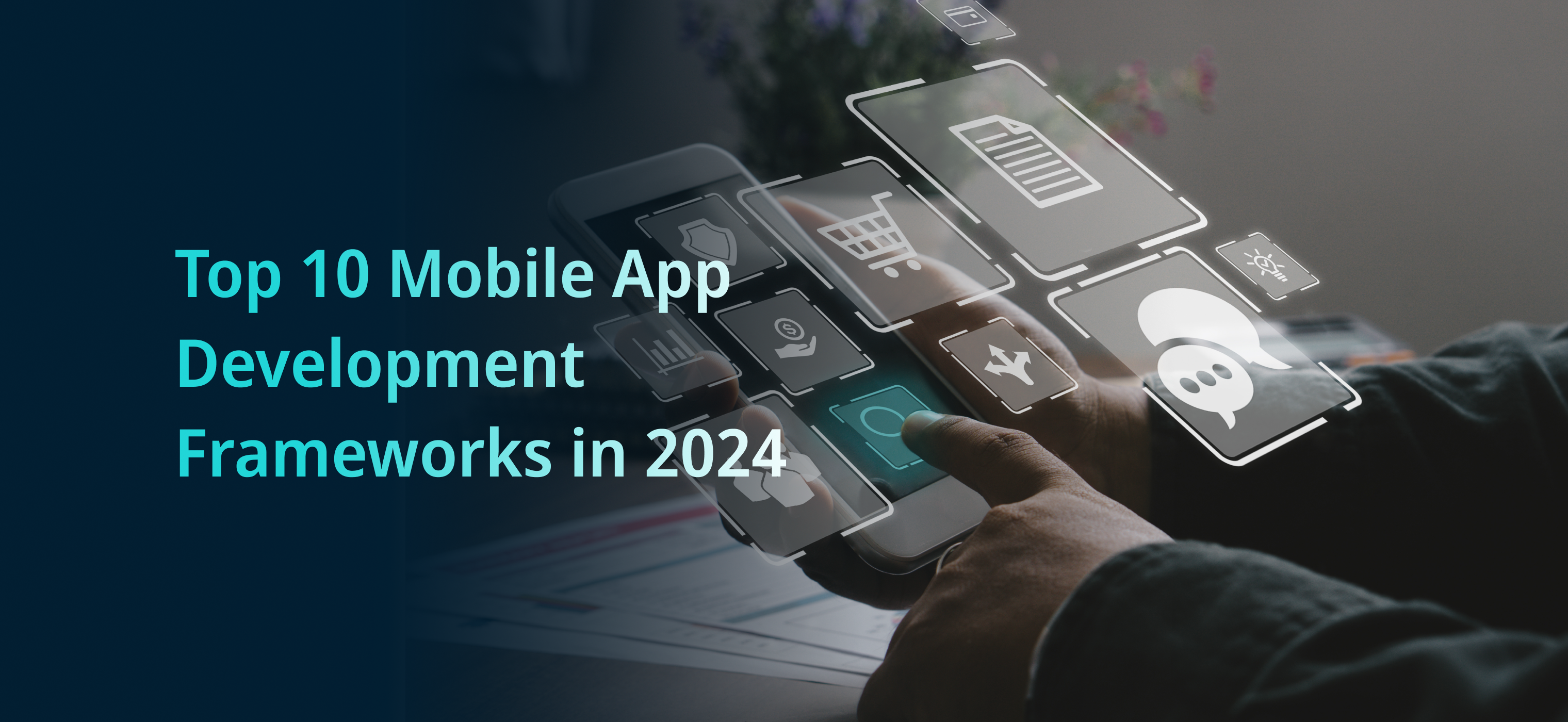In the next 10 years, AI developments will revolutionize the way we interact with technology. We’re already beginning to see the ways in which AI-powered systems are making life easier and more efficient. From voice assistants to automated customer service, AI is already being used in many aspects of our lives. In this blog post, we’re going to take a look at some of the top AI developments to watch out for in the next 10 years, giving us a sneak peek into the future of AI-powered systems.
The Rise of General AI
In the coming years, AI developments will revolutionize the way we live, work, and interact with each other. One of the most exciting AI developments 2023 will bring is the rise of General AI, which refers to artificial intelligence (AI) tools that can perform a wide range of tasks without human supervision.
General AI is expected to transform many industries, including healthcare, transportation, finance, and more. AI algorithms will become more advanced, allowing machines to make more complex decisions and provide better recommendations. For example, AI-based security systems will become more effective at detecting threats and protecting people and assets.
Autonomous driving is another area where we’ll see advancements in AI technology. Autonomous cars are becoming more commonplace on our roads, and as AI systems continue to improve, they’ll become safer and more efficient. AI-based navigation systems will provide drivers with real-time information about traffic and road conditions, reducing accidents and traffic congestion.
AI is also expected to enhance customer experiences in a variety of ways. By analyzing customer data, businesses will be able to provide more personalized services and products, improving customer satisfaction and loyalty.
Developing trustworthy AI systems will be critical for the widespread adoption of AI. AI technology is still in its infancy, and there are many ethical considerations that need to be addressed. For example, how do we ensure that AI algorithms are not biased or discriminatory? How do we protect personal privacy while still harnessing the power of AI?
Despite these challenges, the real-world applications of AI innovation are vast and exciting. As we continue to make progress in AI research and development, we’ll see AI-based systems become more commonplace in our daily lives, providing us with new opportunities and possibilities.
Advanced Robotics
As artificial intelligence (AI) technology advances, so do the capabilities of robots. In the next 10 years, we can expect to see the development of advanced robots that are capable of performing complex tasks that previously required human intervention.
These robots will have increased agility and precision, making them useful for tasks such as manufacturing, construction, and agriculture. For example, advanced robots may be able to assemble products faster and with greater accuracy, reducing manufacturing costs and improving quality control.
In the healthcare sector, robots are expected to become more commonplace in assisting with surgeries and other medical procedures. These robots will be able to perform surgeries with greater precision, reducing the risk of human error and speeding up recovery times for patients.
Another area where advanced robots will have a significant impact is in the field of logistics and transportation. Autonomous vehicles will become more advanced, with increased safety features and better route optimization. This will lead to a reduction in accidents and more efficient transportation of goods and people.
Overall, the development of advanced robotics will transform the way we work, learn, and live in the future. However, with the increasing capabilities of robots comes ethical considerations that need to be taken into account. As we continue to advance the field of AI and robotics, we must ensure that these technologies are used ethically and for the benefit of humanity.
Personalized Healthcare
AI-powered personalized healthcare has the potential to revolutionize the way medical professionals diagnose and treat patients. By using advanced algorithms, AI can analyze vast amounts of patient data to create personalized treatment plans and even predict potential health issues before they become major problems.
One exciting area of development in personalized healthcare is genomics. AI algorithms can analyze a patient’s genetic makeup to predict potential health issues and tailor treatments to their unique DNA. This could lead to more targeted and effective treatments for genetic disorders, such as cystic fibrosis and sickle cell anemia.
AI can also improve patient outcomes by providing doctors with more accurate diagnoses. By analyzing symptoms and patient history, AI can suggest potential diagnoses that doctors may not have considered. This could lead to earlier diagnosis and treatment, resulting in better patient outcomes.
Additionally, AI-powered wearables and remote monitoring devices can track patient vitals in real-time, providing doctors with valuable data to make informed decisions about patient care. These devices can also alert doctors to potential issues, such as irregular heartbeats or changes in blood pressure, allowing for quick intervention and potentially life-saving treatment.
However, as with any new technology, there are ethical considerations to be addressed. There are concerns around the potential misuse of patient data, as well as the potential for AI to exacerbate existing biases in healthcare. It’s important for medical professionals, policymakers, and technology developers to work together to ensure that AI-powered healthcare is safe, effective, and equitable for all patients.
Overall, personalized healthcare powered by AI has the potential to transform the way we approach healthcare and improve patient outcomes. With careful development and implementation, it could revolutionize the industry in the next 10 years.
Enhanced Customer Service
With AI-powered systems becoming more advanced and widely used, customer service is also seeing a transformation. AI is able to understand natural language and respond to customer inquiries in a more personalized and efficient manner. This can result in improved customer satisfaction, reduced wait times, and cost savings for businesses.
One area where AI is already being used for customer service is chatbots. These chatbots can assist customers with basic inquiries, such as tracking an order or scheduling an appointment. They can also learn from interactions and improve their responses over time.
In the future, we can expect even more advanced AI-powered customer service. For example, facial recognition technology can be used to identify customers when they walk into a store and provide personalized recommendations. Voice recognition technology can also be used to understand customers’ emotions and adjust responses accordingly.
AI-powered customer service can also be integrated with other systems, such as predictive analytics. This can help businesses anticipate customers’ needs and proactively offer solutions before they even ask.
Overall, enhanced customer service is just one of the many benefits of AI-powered systems. As AI continues to develop, we can expect to see even more improvements in the customer experience.
Autonomous Transportation
One of the most exciting developments in the field of AI is the advent of autonomous transportation. Self-driving cars, buses, and trucks are already in the testing phase, and experts predict that we’ll see them on our roads in the next few years.
There are a few key advantages to autonomous transportation. For one thing, it promises to greatly reduce the number of accidents caused by human error. Autonomous vehicles are programmed to be highly aware of their surroundings, and they can react much faster than a human driver. This means fewer crashes and fewer injuries.
In addition to improving safety, autonomous transportation could also have a major impact on the environment. Autonomous vehicles can be programmed to drive more efficiently than a human, taking the most direct route and adjusting their speed to minimize fuel consumption. This could reduce the amount of greenhouse gases emitted by cars and trucks, helping to mitigate the effects of climate change.
Of course, there are also challenges to the widespread adoption of autonomous transportation. One major hurdle is regulatory. Governments will need to develop laws and regulations around autonomous vehicles, which will likely require a great deal of debate and negotiation.
Another challenge is technical. Autonomous vehicles will need to be able to communicate with each other and with infrastructure in order to function safely. This will require significant advances in networking technology.
Despite these challenges, the potential benefits of autonomous transportation are enormous. As we move toward a more connected, data-driven world, self-driving vehicles promise to be a key piece of the puzzle. We’re excited to see where this technology will take us in the next few years!
Smart Home Integration
Smart home technology has been around for a while, but with the rapid advancement of AI, it’s going to become even more intuitive and intelligent. AI-powered smart home devices will soon be able to analyze and learn from your behaviors, making them even more effective at automating your home and providing a personalized experience. For instance, imagine coming home to a smart home that automatically adjusts the lighting, temperature, and entertainment systems to your preferred settings based on your past habits and preferences.
Additionally, AI-powered virtual assistants like Amazon’s Alexa and Google Assistant will become even more sophisticated and integrated into the smart home ecosystem. These assistants will be able to communicate with all of your connected devices, making it even easier to manage your home environment. They may even be able to anticipate your needs and make proactive suggestions, such as ordering groceries or reminding you of important tasks.
AI-powered smart homes will not only provide greater convenience, but also increase safety and security. Home security systems will be able to identify potential intruders before they enter the property and alert homeowners accordingly. Fire and smoke detectors will also become more advanced, providing real-time monitoring and analysis to detect fires before they spread.
Overall, the integration of AI in smart homes will enhance the user experience, improve safety and security, and save time and energy for homeowners. As the technology continues to advance, it will become even more integral to our daily lives.
Predictive Analytics
With predictive analytics, you can analyze vast amounts of data and make accurate predictions based on past behavior. AI-powered systems can revolutionize several industries, including finance, retail, and others.
Marketing is one of the areas where predictive analytics is having a significant impact. By analyzing data on consumer behavior and preferences, companies can predict what products will be in demand. By doing so, they are able to tailor their marketing efforts and stay one step ahead of their competitors.
In addition to improving healthcare outcomes, predictive analytics can be used to analyze patient data and predict the most effective treatments. Patients can benefit from better-informed healthcare decisions.
Predictive analytics can be used in the finance industry to identify and prevent fraudulent transactions. By analyzing past fraud attempts, AI-powered systems can predict and flag suspicious activity in real time.
Although predictive analytics has the potential to improve efficiency, accuracy, and decision-making in a variety of industries, data privacy and bias are also ethical considerations that must be considered. With AI-powered systems becoming more sophisticated, it will be increasingly important to use them ethically and responsibly.
AI in Education
With AI becoming a major force in various industries, the prospect of using it in education shouldn’t come as much of a surprise. The use of AI in education is, in fact, starting to shape how students learn and interact with material.
One of the most promising applications of AI is personalized learning, whereby artificial intelligence analyses a student’s learning habits and ability to offer a tailored education. The result of this is that students can work at their own speed and be given specific materials that suit their particular needs.
Another example of AI’s benefit in education is through intelligent tutoring systems. These systems give feedback to students, helping them work through questions and assignments on their own. A tutor can also adopt the student’s style of learning and support the student where necessary.
Computer-based algorithms can analyze students’ work to generate detailed feedback that cannot be gleaned from the normal types of tests. Studying past work can help you understand the areas you need to work on, which will give your teacher the opportunity to understand the areas that need the most attention.
At last, artificial intelligence (AI) can assist in the administrative side of education. Chatbots, for example, can answer common questions from students and parents, freeing up teachers’ time to focus on more important tasks. Artificial intelligence can also help with scheduling, grading, and even resource allocation.
While there are certainly potential obstacles and moral dilemmas to work out, the benefits of this type of artificial intelligence are undeniable. This makes education more personal, more efficient, and more effective with the help of AI.
Virtual and Augmented Reality
The advent of virtual and augmented reality has paved the way for an entirely new dimension of AI development. These technologies offer users the ability to immerse themselves in artificial environments and interact with objects that feel tangible, creating an unparalleled experience that is rapidly revolutionizing the way we live, work, and play.
Virtual reality (VR) has found widespread use in gaming, where it is employed to create immersive gaming experiences that transport players to fantastical worlds. But its applications are not limited to entertainment. With the help of AI, VR can be used to simulate real-world scenarios that can assist in education and training, from piloting planes to performing complex surgeries.
Augmented reality (AR), on the other hand, overlays virtual content onto the real world, adding a new layer of interaction and experience. One prominent example of AR is the popular game Pokemon Go, which allows users to catch virtual Pokemon in the real world.
AR has also found applications in fields such as architecture, where it enables architects to create digital models that can be superimposed onto the real world, giving clients an immersive, interactive preview of their projects.
The integration of AI with virtual and augmented reality is only set to grow in the coming years, opening up an array of possibilities in fields such as medicine, education, entertainment, and marketing. It will be fascinating to see what innovations lie ahead as these technologies continue to advance.
Ethical Considerations
As AI-powered systems continue to develop and integrate into our daily lives, it’s important to consider the ethical implications that arise with their use. For instance, we must ensure that AI systems don’t discriminate based on race, gender, or other factors. There’s also the risk of AI being used to perpetuate fake news and propaganda, which can lead to serious consequences.
Another concern is privacy. With AI collecting and analyzing data on users, there’s a need to ensure that this data is secured and protected from unauthorized access. Additionally, there are concerns around the potential misuse of AI systems for surveillance purposes, which can infringe on personal freedoms.
To address these ethical considerations, it’s important to establish guidelines and regulations that ensure AI systems are designed and implemented responsibly. This includes promoting transparency around AI decision-making processes, establishing data protection standards, and incorporating ethical principles into the design and development of AI-powered systems.
Overall, while the development of AI systems presents exciting opportunities, it’s important that we consider the potential ethical implications and work to mitigate them proactively. By doing so, we can ensure that these technologies are used for the greater good, benefiting society as a whole.
Visit Internet Soft for the latest tech trends and insights around AI, ML, Blockchain, along with NeoBanking and timely updates from industry professionals!
Need assistance or have questions? Reach out us at Sales@internetsoft.com.






